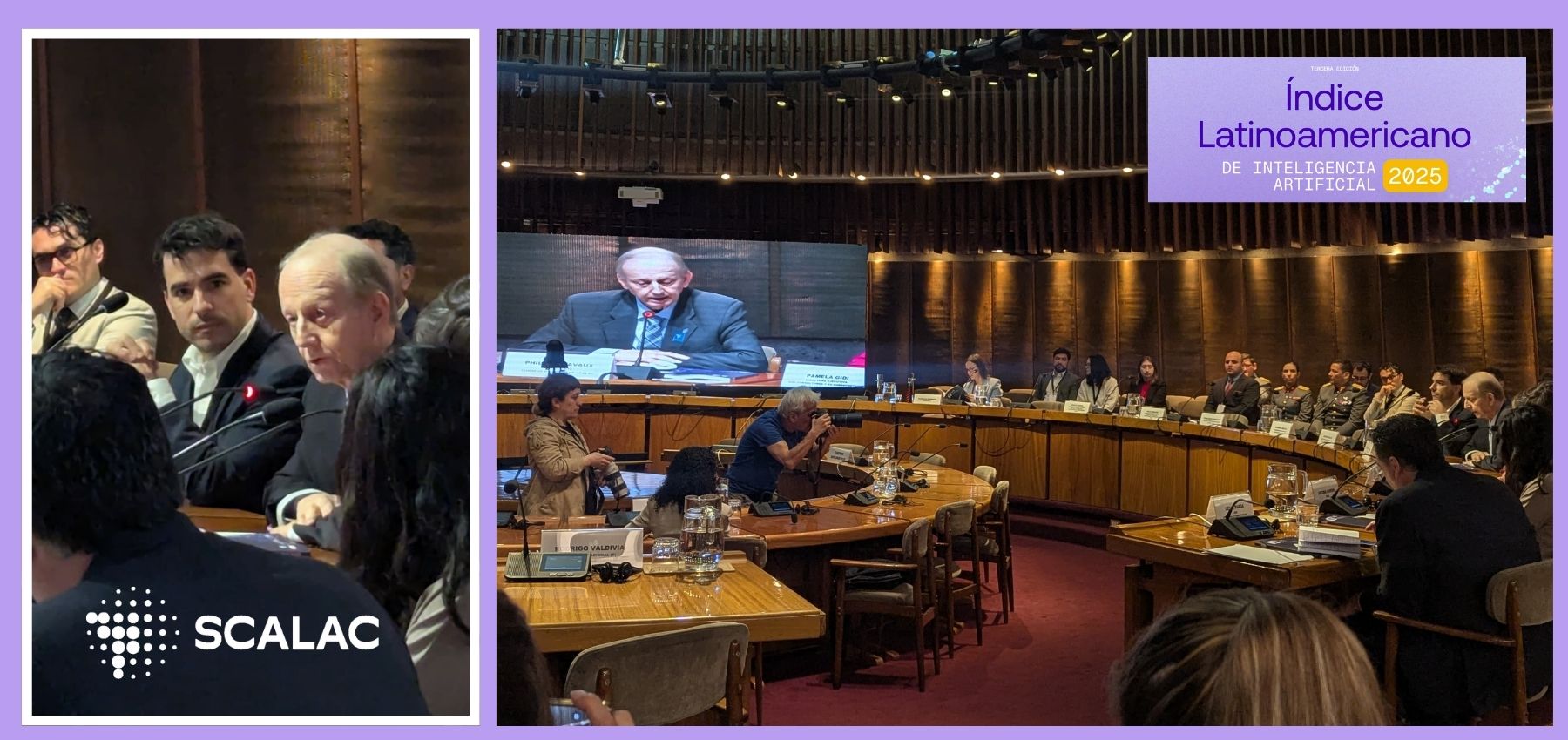SCALAC at ILIA 2025: Artificial Intelligence Cannot Advance Without Advanced Computing
At the third edition of the Latin American Artificial Intelligence Index (ILIA 2025), the president of the Advanced Computing System for Latin America and the Caribbean (SCALAC), Philippe Navaux, emphasized the inseparable relationship between advanced computing and the development of artificial intelligence (AI).
During his participation, Navaux highlighted that “there is no artificial intelligence without advanced computing”, as computing power is the core element that enables the training and execution of large-scale AI models.
SCALAC: A Strategic Alliance for the Region
He reminded the audience that SCALAC is an alliance that brings together the main supercomputing centers across Latin America and the Caribbean, providing access to computing resources for diverse areas of knowledge such as physics, health, biology, and many others. This model seeks to democratize access to critical infrastructure and strengthen scientific cooperation throughout the region.
AI and the Infrastructure It Requires
Navaux warned about a growing trend in the region: excessive investment in acquiring very large machines for computing and AI. He explained that AI projects in particular demand significant processing power using GPUs, which are essential for training deep learning algorithms. A recent example is Brazil’s $400 million investment in a machine dedicated to AI.
Interconnection and Remote Access
The SCALAC president also stressed the importance of regional and international interconnection. Through collaboration with RedCLARA, it is possible to connect the main supercomputing centers and enable remote access to these infrastructures. This allows laboratories and research centers to leverage the necessary computing power for AI projects, regardless of their geographic location.
Sustainability and Certification
Finally, he pointed out that centers supporting AI projects must ensure adequate energy, security, and certification conditions to guarantee reliable and sustainable processing.
With these reflections, Philippe Navaux reaffirmed SCALAC’s role as a catalyst in the regional ecosystem, integrating infrastructure, collaboration, and knowledge to empower Latin America and the Caribbean in advancing the field of artificial intelligence.


